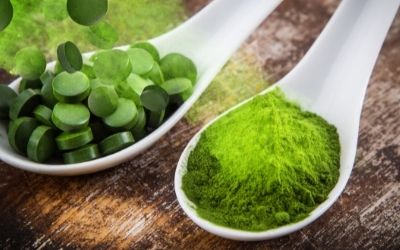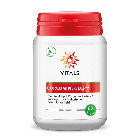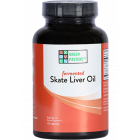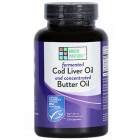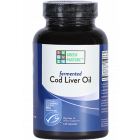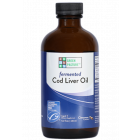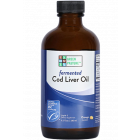Food Allergies, Intolerances & Sensitivities: What's the Difference?
-
 By
Sophie Meurs
By
Sophie Meurs - 18 Jun 2021


You are born and as a child you are not bothered by anything; no allergies, no intolerances and no sensitivities. Hey but that's crazy! Recently you have suffered from a bloated stomach more often and you have the idea that you cannot always tolerate certain foods. How is that possible? These kinds of reactions always start from an early age, don't you?
How does an allergy, intolerance or hypersensitivity to food develop?
Het ontstaan van voedselallergieën, voedselintoleranties en/of voedselovergevoeligheden komt niet altijd op jonge leeftijd voor. Doordat de darm door de jaren heen zwakker wordt en hierdoor wendbaarder wordt, kunnen voedingsdeeltjes makkelijker door de darmwand heen passeren, net als toxines en andere vervelende stofjes voor jouw lichaam. Hierdoor kan jouw lichaam gaan reageren op voedingsmiddelen, ook al kon je een poosje hiervoor wel tegen diezelfde producten.

What is the difference between an intolerance and an allergy?
The severity of the complaints, namely either an allergy or a food intolerance, is often misplaced. I often hear people say, "I have an allergy to chickpeas" or "I am allergic to cheese" or "I think a gluten allergy is the cause of my bloated stomach". When I hear this, I know that we have to start with the basics, namely: what exactly is the difference between an intolerance and an allergy?
The main difference between a food allergy and food intolerance
The main difference between food allergies and intolerances or sensitivities is that the latter two are not life-threatening. When a food allergy is at play, the immune system identifies that particular food as an intruder. The body then thinks it must protect you and produces antibodies for this, namely IgE antibodies. These IgE antibodies send messages to other cells of the immune system, causing an allergic reaction or anaphylaxis, and can even be deadly.
Symptoms of food intolerance and hypersensitivity
Food intolerances / hypersensitivity, on the other hand, mainly affect the digestive system (which can cause a variety of symptoms). When there is a food hypersensitivity, in contrast to an acute / IgE reaction, a prolonged / IgG reaction is triggered. These IgG antibodies often lead to small inflammations in the gut, which also affects other systems in the body. Think of the hormonal system, the thyroid gland, digestion and so on.

What is the difference between a food intolerance and a food hypersensitivity?
Besides the difference between allergies and food sensitivities is the difference between food sensitivities and food intolerances. In my practice, I often speak of a food intolerance (because this is better popularly), when I speak about an IgG load, but this is actually not entirely correct. An intolerance to food means, for example, what is involved in a lactose intolerance. In this case, there is a shortage of the enzyme lactase to completely break down lactose. As a result, the lactose is not well tolerated and this can cause various complaints, but this is not caused by an IgG reaction in the body.
Response to dairy products depending on the dose?
The advent of a reaction to products containing dairy is often dose dependent, meaning that people can tolerate a small amount of the food without showing any symptoms. Some people can tolerate certain dairy products, but when a large amount of milk with a high lactose content is consumed it can lead to problems such as bloating and gas.
So it may well be that you have done research into lactose intolerance. This was an investigation into the inability to digest the milk sugar properly. When research is done (which I offer in my practice) into the amount of antibodies at IgG level in the body, then the proteins from the foods are looked at. When we talk about milk products, we look at, for example, casein, the milk protein.

Conclusion: complaints in relation to the terms used
So it may well be that you experience certain complaints, but do not form an allergic reaction to certain foods and do not have an intolerance to products with lactose, but you do have a hypersensitivity to certain specific foods.
Need support?
So know the difference between the different types of responses, in order to support your system as well as possible. If you need help investigating these reactions, at both IgG and IgE level? Send me a email or visit my website for more information: ' Nourish to Flourish '. You can also follow me on social media: LinkedIn , Instagram & Facebook .


